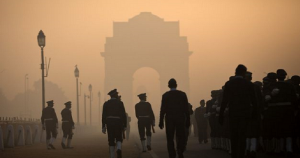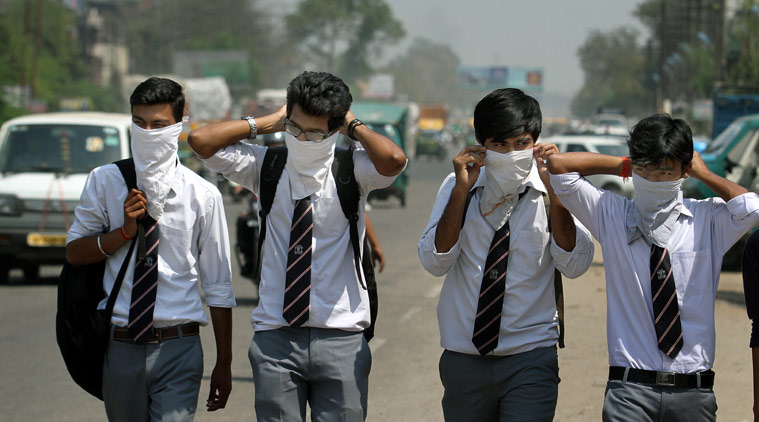
Delhi Met Red Alert Air Norms For 29 Days In November: Greenpeace
Going by the China’s pollution warning system, Delhi’s air quality was so poor in November that 29 of the 30 days in the month would have fallen under ‘red alert’ category. A red alert is issued in China if the level of coarse particulate matter (PM10) was more than 350 micrograms per cubic metre. On Monday, Beijing issued this season’s first red alert and was predicted to last for three consecutive days.

As per data obtained from Greenpeace India’s analysis of the National Air Quality Index (AQI), Delhi would have met the Chinese criteria for a red alert on 33 days in the 91 days from September to November, with 29 of them in November alone.
The problem is not limited to Delhi alone, as several other North Indian cities are facing similar high levels of pollution. India can take advantage of the experience in China and leapfrog several steps towards achieving national air quality standards, Greenpeace India said. It added that for instance, India can adopt firm, time-bound targets for national and regional action plans.
When a red alert is issued in China, polluting industries are shut down, stringent controls over vehicular pollution are enacted and schools are shut. Activists have been demanding that India adopt a similar system to disseminate data.
Also Read: Delhi Government To Join Hands With IBM To Tackle Air Pollution
“We have monitoring stations and the data is available on the government’s sites. But, the average citizens are not aware of the data. There is a need for an alarm system,” said Sunil Dahiya, a campaigner for Greenpeace India. Mr. Dahiya added that the government’s own data revealed that air quality in many North Indian cities was worse than that in Beijing.
“We can no longer deny that we are in a state of crisis, and equally, that this crisis creates the imperative to come up with policies to put an end to India’s air pollution crisis,” said Dahiya.
Environmentalists say there is a need for a long-term national and regional action plans to curb pollution. The general population needs to be made aware of the crisis so that a collective effort can come into place.
“The Delhi Government’s car rationing policy and move to shut down power plants will reduce pollution, but we need to move to renewable energy,” added Dahiya.